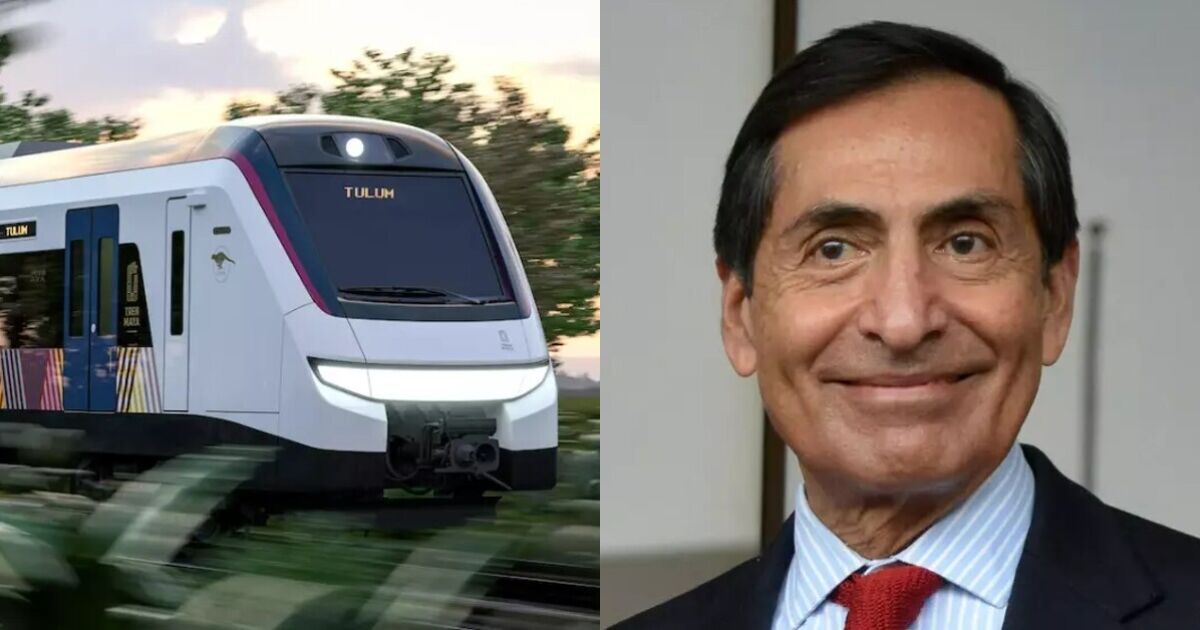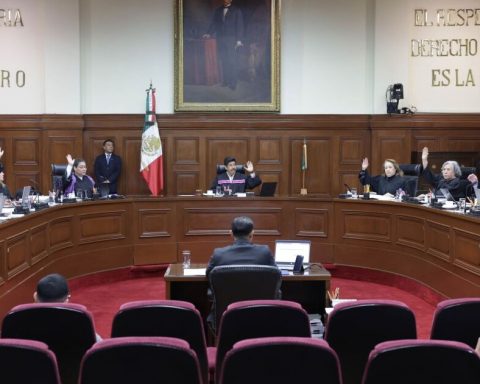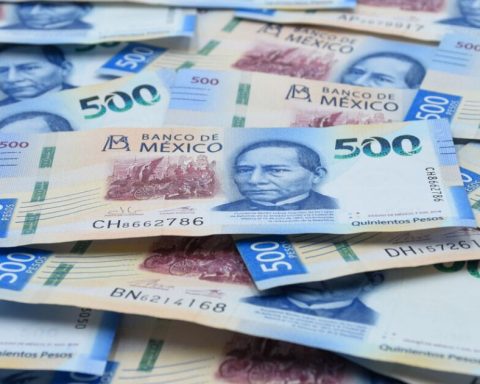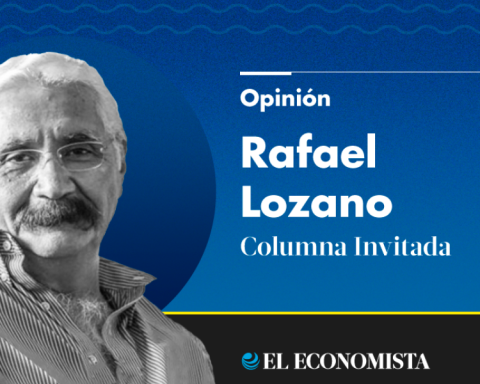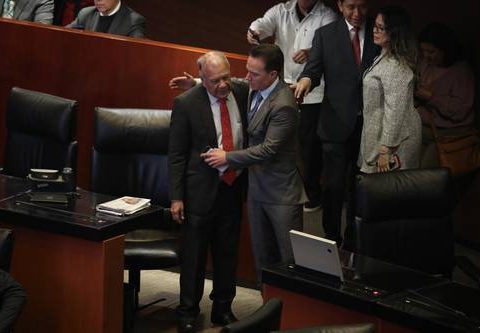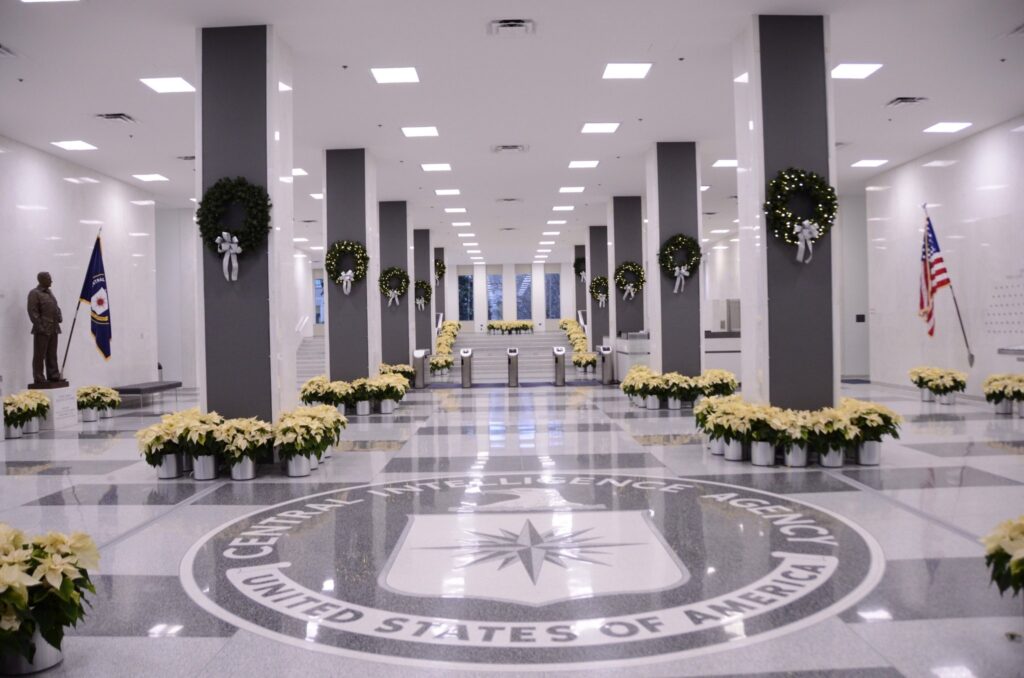President López Obrador acknowledged last month that the costs of his Mayan Train project, a nearly 1,600-kilometer railway that crosses the Yucatán Peninsula, are well above the initial budget and could end up costing up to 20,000 million dollars (mdd). ), 70% more than planned, amid setbacks and dizzying inflation.
Its other flagship project, the Dos Bocas oil refinery in Tabasco state, has also seen its cost spiral out of control to nearly $18bn, more than doubling its original price, as some investors say the cost could rise even more.
“Obviously there is a lot of pressure, which we consider normal pressure,” Ramírez de la O said Thursday. “Anything we do in 2022 and 2023 to accommodate the increase is something we won’t do in 2024, so in the medium term it works well.”
A day after announcing the costs of the Mayan Train, AMLO said he would further adjust his already austere public spending under a plan he dubbed “Franciscan austerity,” in reference to Saint Francis of Assisi, the Italian friar whose decision to live among the poor in the thirteenth century made him one of the most revered figures in Christendom.
The president’s renewed austerity push includes drastic cuts in foreign travel and spending by government officials, just as Mexico begins talks with the United States and Canada over their trade dispute against AMLO’s nationalist energy policy.
Critics have blamed Mexico’s lackluster growth on the president’s frugality, pointing out that he barely boosted social spending during the height of the pandemic, even as he is pouring billions more into his mega-projects. Meanwhile, many investors are bullish on Mexican debt as the low debt ratio has been kept in check.
The 2023 budget, which the finance secretary is due to announce in early September, will have a deficit based on keeping the debt ratio within the target range and will be “realistic,” he said.
The budget will fully support priority infrastructure projects, including the train, refinery, modernization of customs facilities, and development in the southeast of the country, through highways and an airport in Tulum.
Beyond the key projects, “there will always be opportunities to adjust programs that have been idle or are not as essential as thought in previous Administrations,” the secretary said in the interview.
